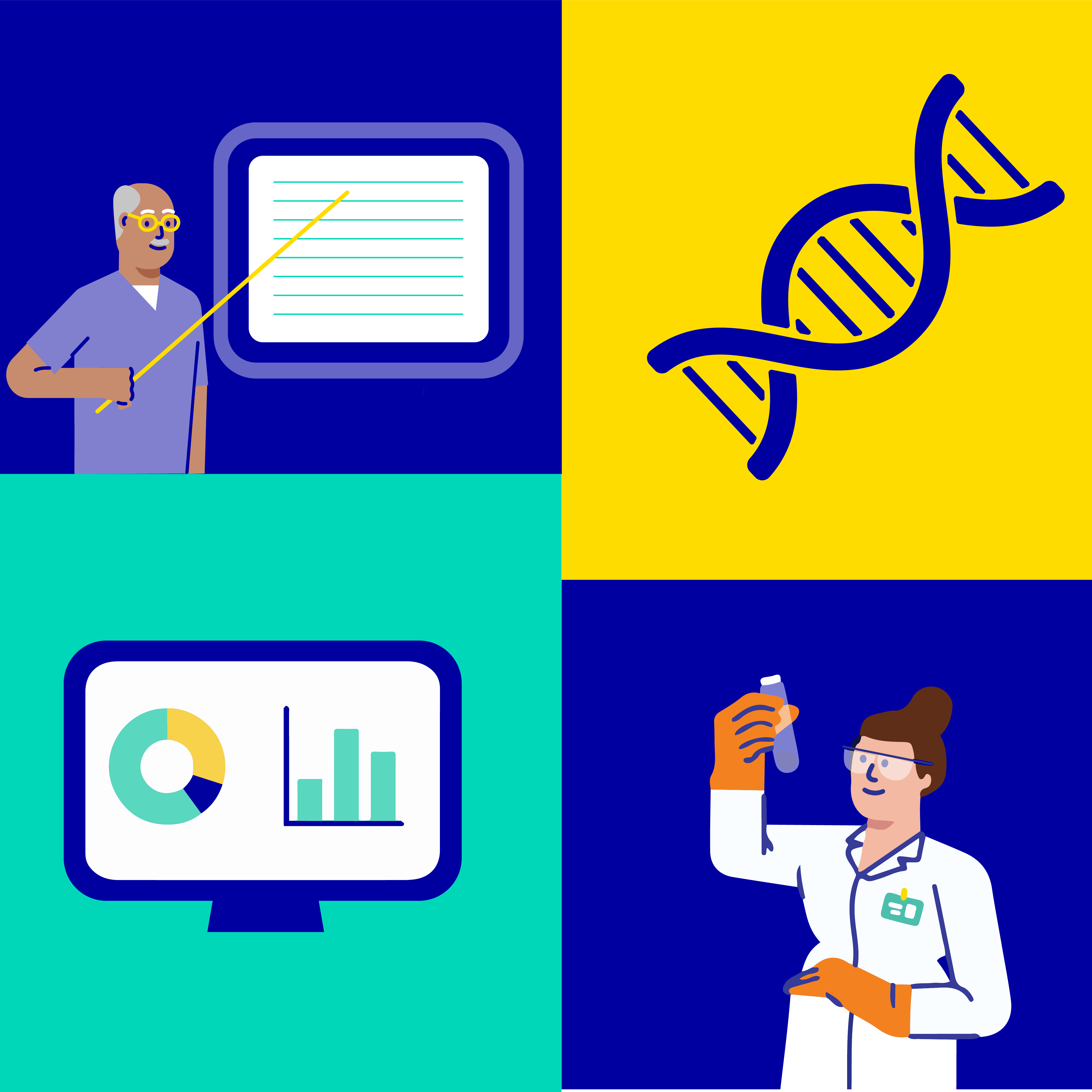Originally Published on LinkedIn by Dr. Guangtao Zhang, the Director of the Mars Global Food Safety Center (GFSC).
What needs to change so that more women can reach their full potential?
I believe there needs to be a real shift in thinking but more than that, we need to foster urgent and lasting change. We must find ways to ensure that all women’s voices are heard, and that all women are empowered to reach their full potential.
Even before the pandemic, it was estimated it would take more than a century to close the gender opportunity gap for women. The economic impacts of food insecurity exacerbated by COVID-19 is just one example of the imbalance that persists, with these more likely to be felt by women who often lead households. At Mars, we believe if it’s not safe, it’s not food, and at the Mars Global Food Safety Center, we are committed to delivering research to ensure safe food for all, as food safety is key in delivering food security.
In my career at Mars, I’ve felt privileged to be inspired by some incredible female leaders including Dr. Abigail Stevenson, VP of the Mars Advanced Research Institute (MARI) and Dr. Maria Velissariou, Global Corporate Research and Development (R&D) Vice President and Chief Science Officer at Mars, Incorporated. Some key insights I have learned from them include assuming positive intent, having the Five Principles at the core and translating science into practical applications.














